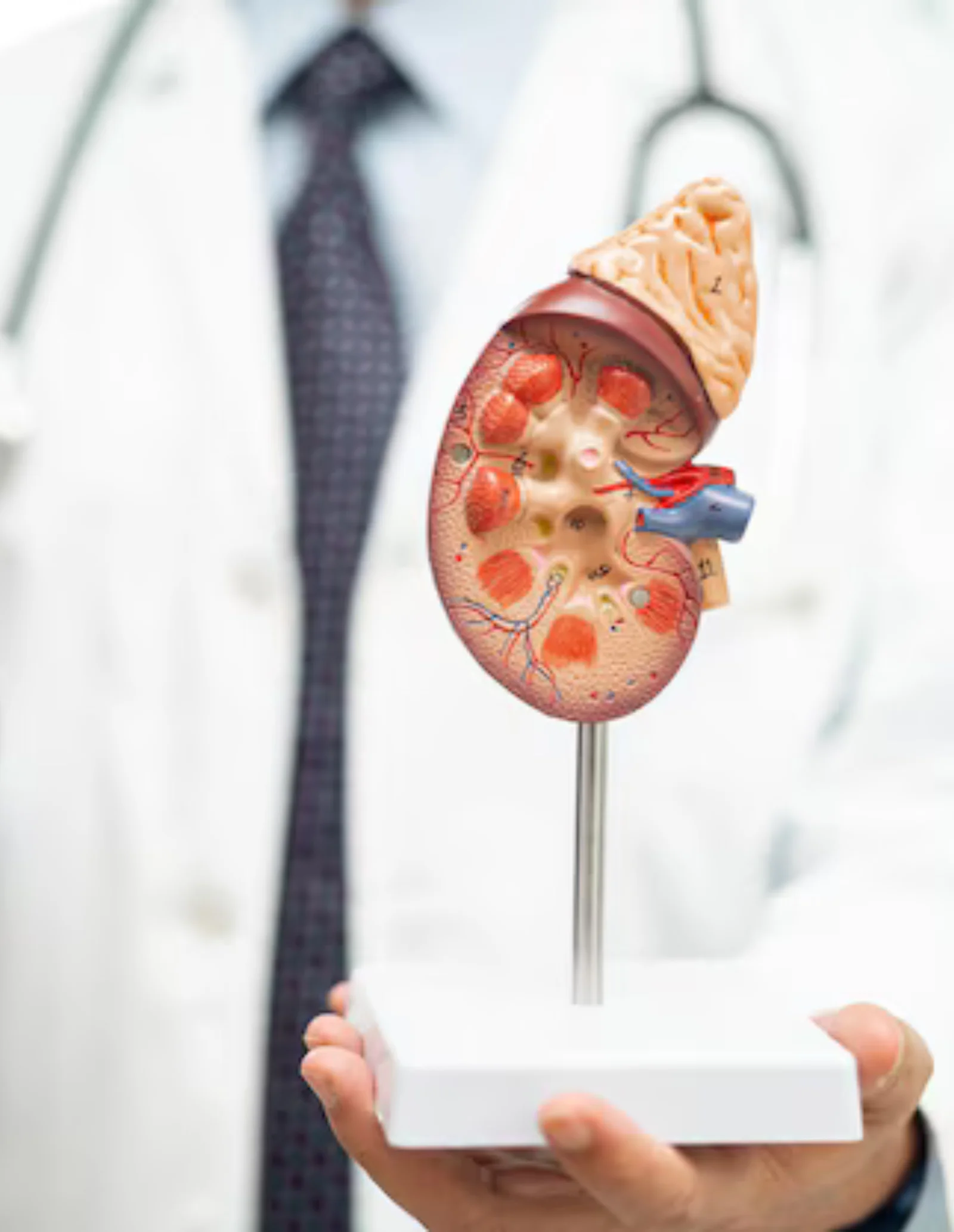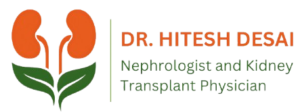
Kidney Disease in Pregnancy and Infants
Precise Kidney Care, Promising a Healthy Life.
Kidney disease in pregnancy and infants refers to kidney-related complications that can affect both expecting mothers and newborns.
In pregnancy, kidney disease can be a pre-existing condition or develop as a pregnancy-related complication. Kidney Disease in Pregnancy and Infants – Dr. Hitesh Desai This can impact both maternal and fetal health, posing risks like preterm birth, preeclampsia, and impaired kidney function. In infants, kidney disease can be congenital (present from birth) or develop due to genetic or other health conditions, leading to various health challenges if not identified early.

Symptoms
Kidney disease during pregnancy or in infants can pose serious health risks and requires early detection and specialized care.
Poor weight gain in infants
High blood pressure during pregnancy
High blood pressure during pregnancy
In Preganancy
Causes
Kidney disease in pregnancy and infants can result from various factors, including:



In Infants



Risk Factors
Several factors increase the risk of kidney disease in pregnancy and infants:
IN PREGNANCY

Diabetes

Advanced Maternal Age

Family History of Kidney Disease
Several factors increase the risk of kidney disease in pregnancy and infants:
IN INFANTS

Genetic Factors

Low Birth Weight or Prematurity

Exposure to Infections or Medications in Utero
Treatments in Pregnancy
Managing kidney disease in pregnancy and infants requires a specialized approach to reduce risks and promote healthy development.

